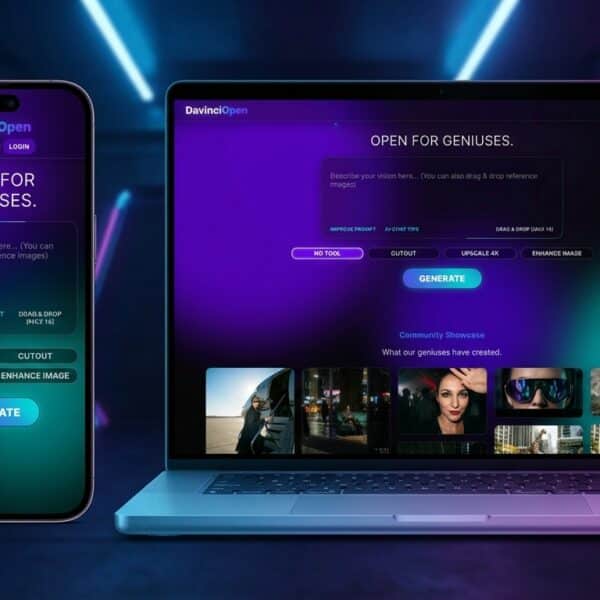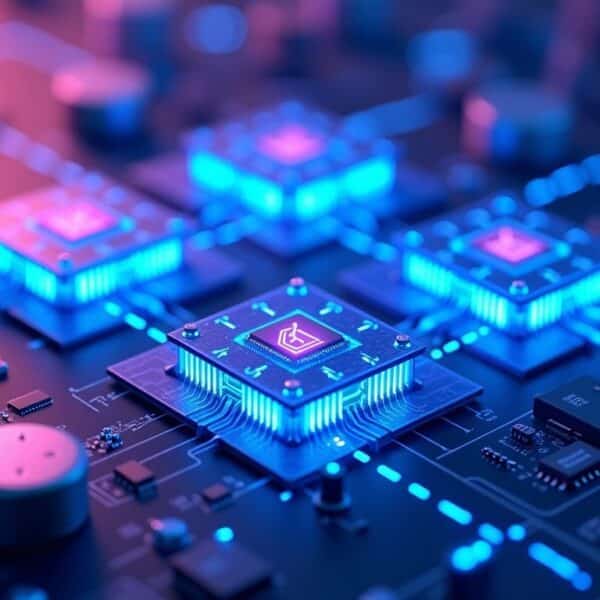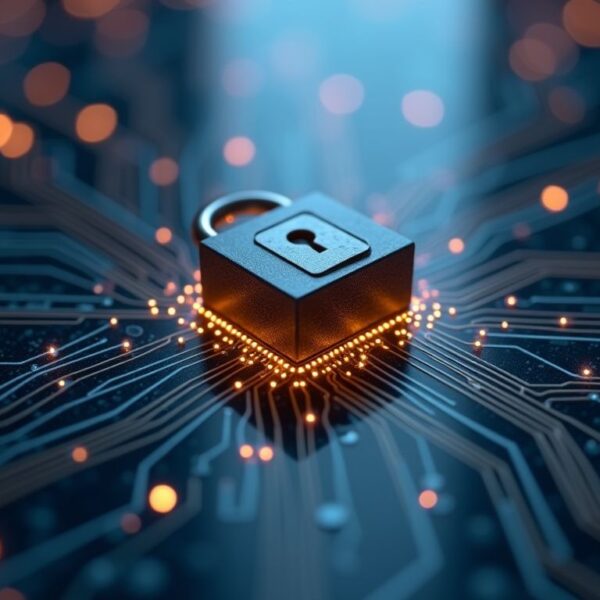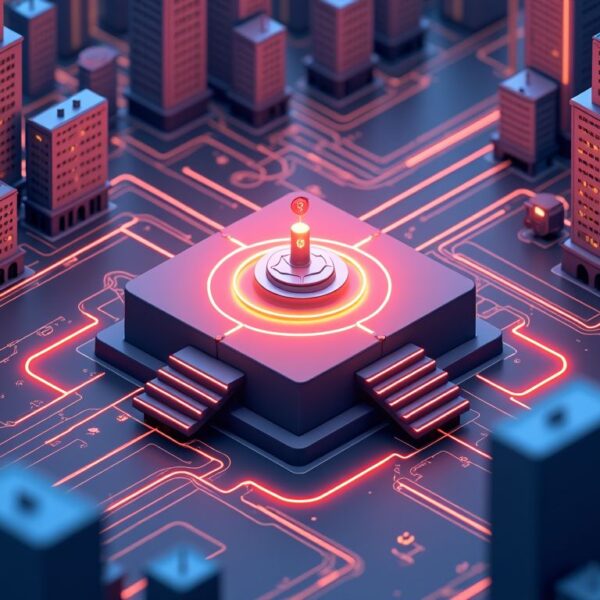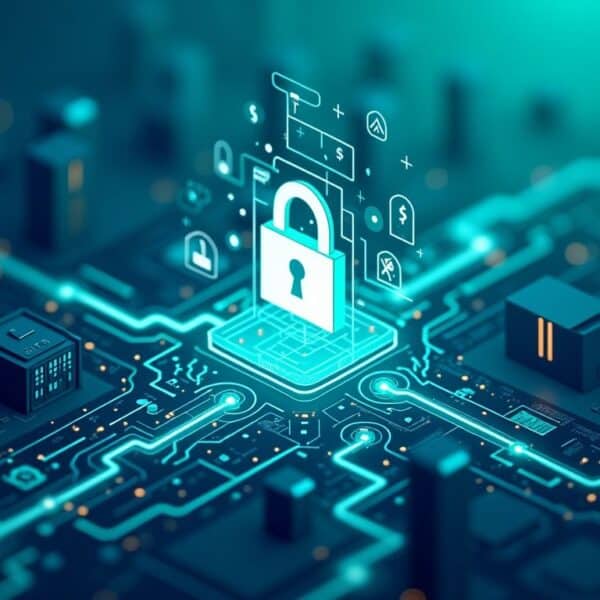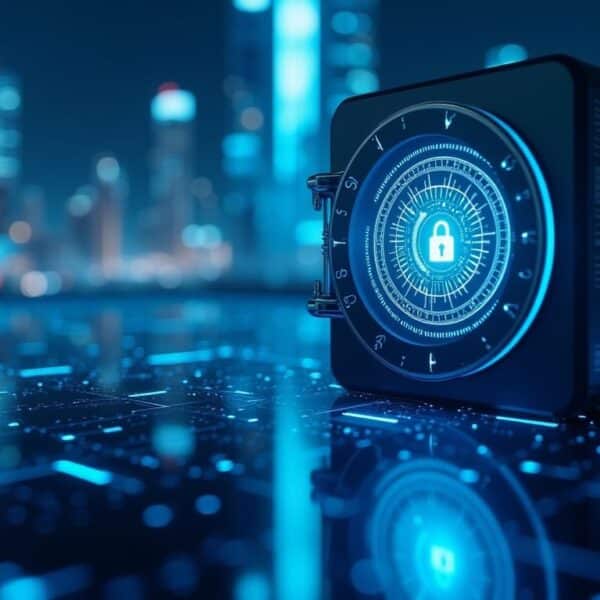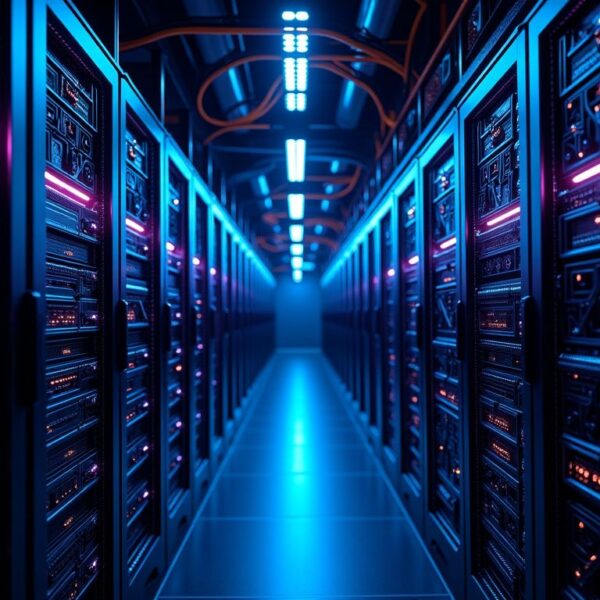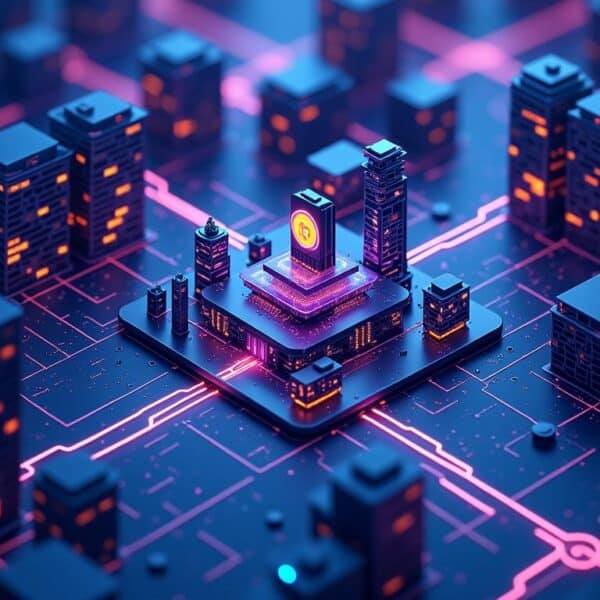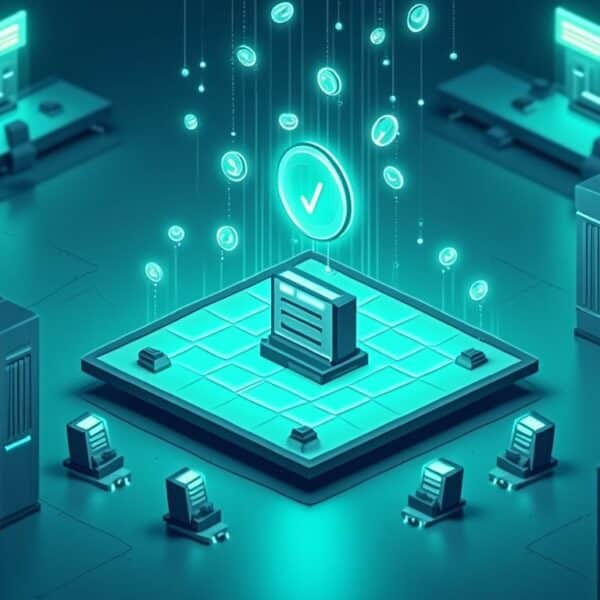Decentralized Identity for IoT Devices: The Future of Security
Imagine a world where your smart home devices, industrial sensors, and autonomous vehicles can securely communicate with each other without relying on a centralized authority. Welcome to the realm of decentralized identity management for IoT devices, a concept that’s gaining traction, thanks in part to innovators like Elon Musk and SpaceX. In this article, we’ll delve into the world of decentralized IoT device identity management and explore its potential to transform the security landscape.
The Current State of IoT Device Identity Management
Currently, most IoT devices rely on centralized identity management systems, which can be vulnerable to cyber attacks, data breaches, and single points of failure. This approach can lead to a domino effect, compromising entire networks and putting sensitive information at risk. Moreover, as the number of IoT devices continues to grow, so does the attack surface, making it increasingly challenging to secure these devices.
That’s where decentralized identity management comes in – a paradigm shift that enables IoT devices to manage their identities securely and autonomously, without relying on a centralized authority.
Decentralized Identity: A New Era for IoT Devices
Decentralized identity management for IoT devices leverages blockchain technology, cryptography, and distributed ledger systems to create a secure, transparent, and tamper-proof environment. This approach enables IoT devices to:
- Manage their own identities and credentials
- Authenticate and authorize transactions and data exchanges
- Ensure data integrity and confidentiality
- Resist tampering and unauthorized access
By decentralizing identity management, IoT devices can operate independently, making it more difficult for malicious actors to compromise the entire network.
The Role of Blockchain in Decentralized IoT Device Identity Management
Blockchain technology plays a pivotal role in decentralized IoT device identity management. By utilizing blockchain-based distributed ledger systems, IoT devices can:
- Store and manage their identities securely
- Conduct secure, tamper-proof transactions
- Enable real-time authentication and authorization
- Facilitate secure data sharing and collaboration
Blockchain-based decentralized identity management systems can also enable the creation of decentralized applications (dApps) that can facilitate secure, decentralized interactions between IoT devices.
Real-World Applications of Decentralized IoT Device Identity Management
The potential applications of decentralized IoT device identity management are vast and varied. Some examples include:
- Smart homes and buildings: Decentralized identity management can enable secure, autonomous communication between devices, ensuring efficient energy management and enhanced security.
- Industrial automation: Decentralized identity management can facilitate secure, real-time communication between industrial sensors and devices, optimizing production and reducing downtime.
- Autonomous vehicles: Decentralized identity management can enable secure, decentralized communication between vehicles and infrastructure, improving safety and reducing congestion.
These applications demonstrate the potential of decentralized IoT device identity management to transform industries and revolutionize the way we live and work.
Challenges and Limitations of Decentralized IoT Device Identity Management
While decentralized IoT device identity management offers numerous benefits, it’s not without its challenges and limitations. Some of the key hurdles include:
- Scalability: Decentralized identity management systems must be able to scale to accommodate the growing number of IoT devices.
- Interoperability: Different blockchain platforms and decentralized identity management systems must be able to communicate seamlessly.
- Regulatory frameworks: Lack of clear regulatory frameworks for decentralized identity management can create uncertainty and hinder adoption.
Despite these challenges, the potential benefits of decentralized IoT device identity management make it an area worth exploring and investing in.
The Future of Decentralized IoT Device Identity Management
As the IoT landscape continues to evolve, decentralized identity management is poised to play a critical role in ensuring the security and integrity of IoT devices. With innovators like Elon Musk and SpaceX pushing the boundaries of what’s possible, we can expect to see significant advancements in decentralized IoT device identity management.
As TokenRobotic notes, “Decentralized identity management is the key to unlocking the full potential of IoT devices. By enabling secure, autonomous communication between devices, we can create a more connected, efficient, and secure world.”
Conclusion
In conclusion, decentralized IoT device identity management is a game-changer for the security and integrity of IoT devices. By leveraging blockchain technology and decentralized identity management systems, we can create a more secure, efficient, and connected world.
As we move forward, it’s essential to stay informed about the latest developments in decentralized IoT device identity management. To learn more about the potential of decentralized identity management and its applications, visit TokenRobotic.
Together, we can create a safer, more connected future for IoT devices.
For further reading on decentralized identity management and IoT devices, check out these resources:
- Decentralized Identity Management for IoT Devices
- A Beginner’s Guide to Decentralized Identity Management
- How Blockchain Can Enable Decentralized Identity Management
- The Future Of Identity Management Is Decentralized
- Decentralized Identity Management Can Solve IoT Security Challenges








